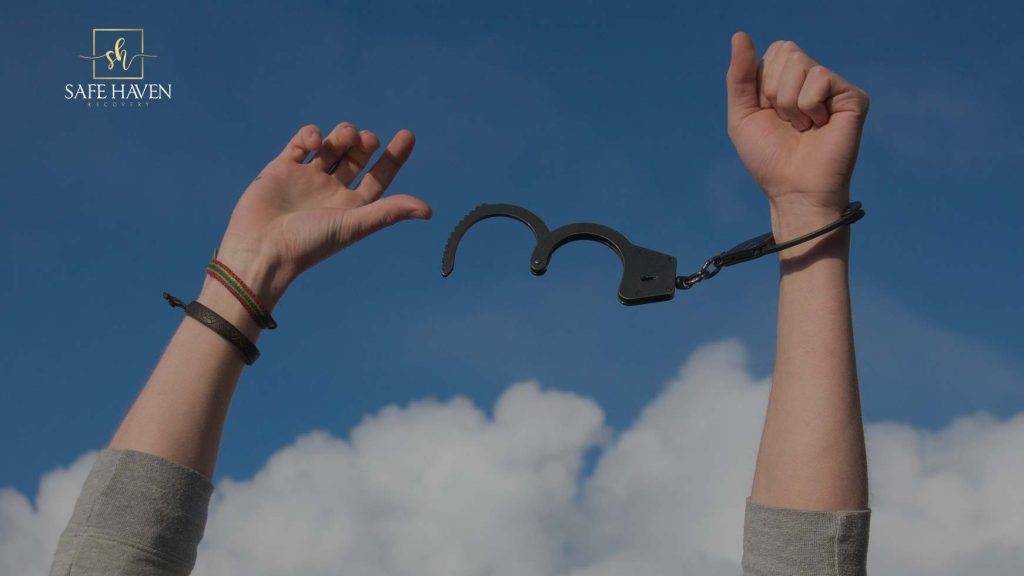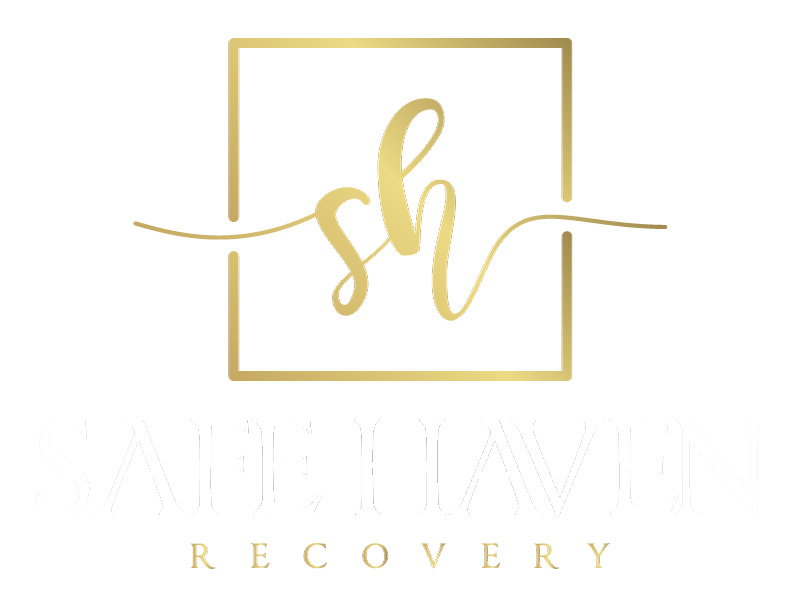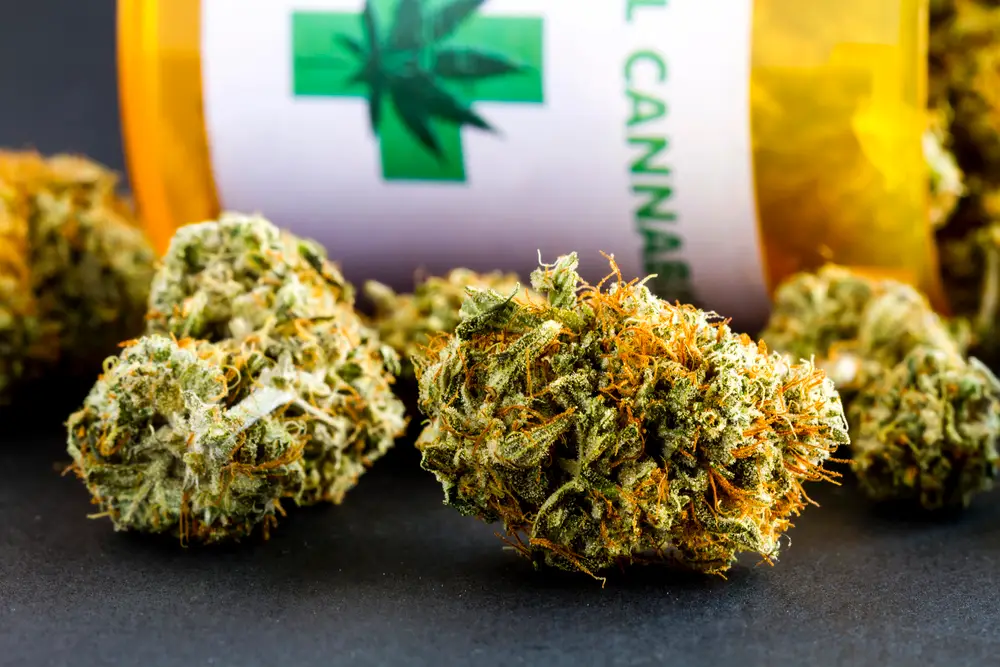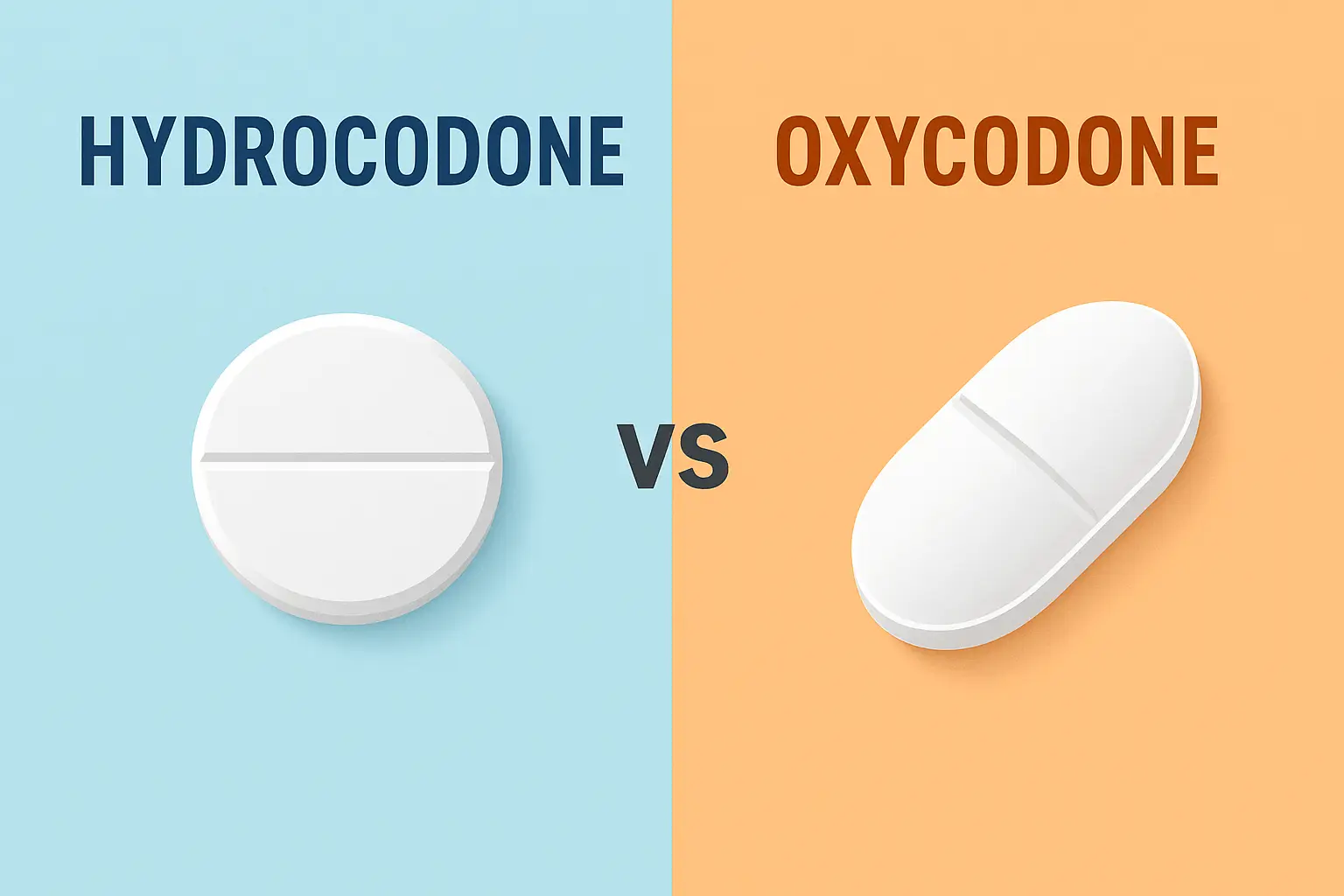
Our society is in crisis. Over 841,000 of us have died unexpectedly from drug overdoses since 1999. More Americans have died of drug overdoses than were killed in battle in WWII or the Civil War.
On a personal level, drugs destroy families, careers, health, and our self-esteem. No one feels good about being addicted. Addiction recovery is a necessity for afflicted individuals who want to reclaim their lives.
Addiction treatment professionals now recognize that drug addiction should be treated as a disease and not a crime. Help that works is available in good rehab centers through residential treatment programs and outpatient services.
Let’s look at the hardest-hit areas, treatment options that work, and the pros and cons of traveling for treatment.
Five States Hardest Hit by Substance Abuse
Northeastern and rust belt states have been hit hardest by America’s drug epidemic. All five of the most afflicted states are there.
West Virginia
For several years West Virginia has led the nation in drug-related deaths. The easy availability of opioids and other drugs coupled with low employment and a dearth of in-state treatment facilities contribute to West Virginia’s drug crises.
New Hampshire
Manchester is ground zero in New Hampshire’s battle with fentanyl-related deaths. First responders get so many opioid overdose calls that carrying Narcan is now standard.
Maryland
Heroin, fentanyl, prescription opioids, and cocaine overdoses are the leading causes of drug-related deaths in Maryland. Particularly dangerous is the practice of mixing heroin with fentanyl to increase potency. Baltimore treatment centers are overwhelmed.
Ohio
The Covid pandemic has increased drug abuse nationally, but Ohio has seen an eye-popping increase of 35%. The unprecedented wave of opioid addiction is straining treatment facilities so badly that Ohio jails are bearing the brunt of the load.
Massachusetts
Even though Massachusetts has won millions in damages from opioid-producing drug companies like Johnson & Johnson, it still grapples with one of the nation’s highest addiction and opioid-related death rates.
Current substance use disorder (SUD) news isn’t all bad. Health care professionals have developed highly successful programs that work for most participants who complete them.
Pros and Cons of Out-of-State Addiction Recovery Treatment
There are many plusses and minuses to weigh carefully before deciding to travel for addiction recovery treatment. Here are the most critical issues.
Pros of Traveling for Addiction Recovery Treatment
You Get the Precise Program You Need
Unfortunately, local treatment options can be limited or overwhelmed in the hardest-hit areas. PEW research reports that under half of the states have mental health treatment programs available in opioid treatment facilities, although half of all addicts have mental health disorders. You will benefit from an individualized program tailored to your recovery needs.
You Have a New Environment
A new location means a fresh start removed from your old patterns, friends, and family members. You leave triggers and distractions behind and can create a new you.
You Have Privacy
Many of us resist exploring issues we feel uncomfortable exposing to anyone who knows us. It’s often easier to express our true feelings to strangers. There’s very little chance that you’ll see anyone you know at the facility or in the community in an out-of-state location.
You Enjoy a Reduced Risk for Relapse
Taking yourself far away from friends, enablers, and sources of supply makes it more difficult to relapse. It’s harder to walk away from your program and return to old habits and haunts when they’re far away.
Cons of a Rehab Center Away from Home
Reduced Family Presence
Being far from loved ones can be stressful, but travel for close family members and video calls are good options if you need their support or presence in therapy sessions. Being removed from enablers is beneficial.
More Difficult to Setup Support After Completion
Distance can make it challenging for your mental health care professional to set up local support options, but many successful program graduates find that they prefer online support because it’s:
• More private
• More readily available
• Doesn’t require leaving home
Fewer Insurance Companies Provide Coverage
While some insurance companies limit drug recovery options, many insurance plans cover out-of-state options. You can verify your insurance coverage here.
Addiction Treatment Works
Treating addiction as a disease instead of a crime has led to breakthroughs in addiction treatment success rates. People who sweat out detox in jail usually return to using drugs. People who detox and recover in comfortable, supportive environments with the proper professional help attain lasting recoveries.
Three recent PubMed studies showed that 68% to 71% of women who participated in long-term residential programs remained drug and alcohol free six to twelve months after completing their program. Those who failed to complete showed significantly lower abstinence rates.
Another significant breakthrough occurred when mental health care experts started treating mental illness in addicts.
“Researchers have found that about half of individuals who experience a SUD during their lives will also experience a co-occurring mental disorder and vice versa. Co-occurring disorders can include anxiety disorders, depression, attention-deficit hyperactivity disorder (ADHD), bipolar disorder, personality disorders, and schizophrenia, among others.” - National Institute of Mental Health
A long-term addiction recovery program based on cognitive-behavioral therapy allows you to discover any destructive patterns in your life and break them.
Residential programs give addicts a completely new environment free of triggers and tempting distractions. Your personal addiction history, the possible presence of other mental illnesses, and personal commitment all affect the length of time needed to complete your personalized recovery program.
Safe Haven Recovery Beverly Hills High Success Rate
Your addiction recovery needs are unique because you are an exceptional individual. At Safe Haven Recovery Beverly Hills, we tailor your addiction treatment to your personality and requirements.
In a safe, comfortable, and supportive environment, we plan for the best possible outcome by providing all these critical facets for your successful recovery:
• Medication-assisted treatment when necessary
• Proven cognitive-behavioral therapy
• Treatment for co-occurring mental illnesses
• Support for loved ones
• Couples and family therapy
• Physical therapy and Yoga
Employing a multi-faceted approach in a well-appointed environment has led to our high success rates. Contact us right now to start your personalized recovery process.
Most insurance providers cover treatment, but we cannot accept Medicaid.






